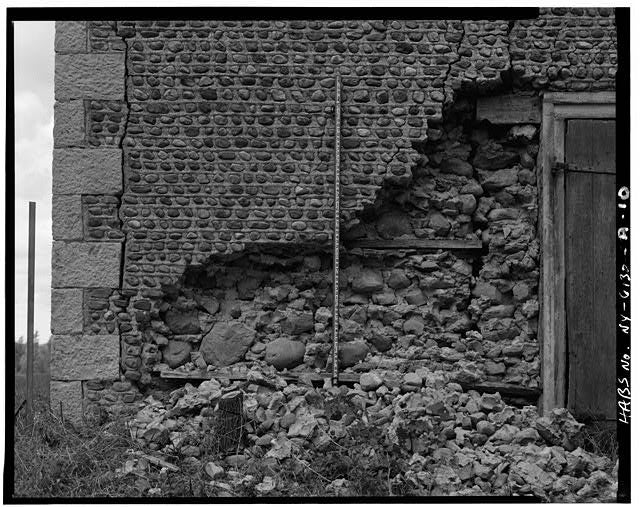People of MQR: A Q&A with Aaron J. Stone
Write dreadful things. When I was younger—and even now, more often than I care to admit—I was very precious about my writing, afraid of how it would be judged by the audience I was imagining, even if that audience was just my future self. So I painstakingly labored over everything, refusing to share anything unfinished and often giving up entirely. Looking back on that writing, I still find it dreadful—a lot of good all that worrying did! What I wish I had done was write a lot more; you can see a lot farther standing on a mountain of garbage than a single, meticulously crafted step stool.
People of MQR: A Q&A with Aaron J. Stone Read More »
Write dreadful things. When I was younger—and even now, more often than I care to admit—I was very precious about my writing, afraid of how it would be judged by the audience I was imagining, even if that audience was just my future self. So I painstakingly labored over everything, refusing to share anything unfinished and often giving up entirely. Looking back on that writing, I still find it dreadful—a lot of good all that worrying did! What I wish I had done was write a lot more; you can see a lot farther standing on a mountain of garbage than a single, meticulously crafted step stool.







